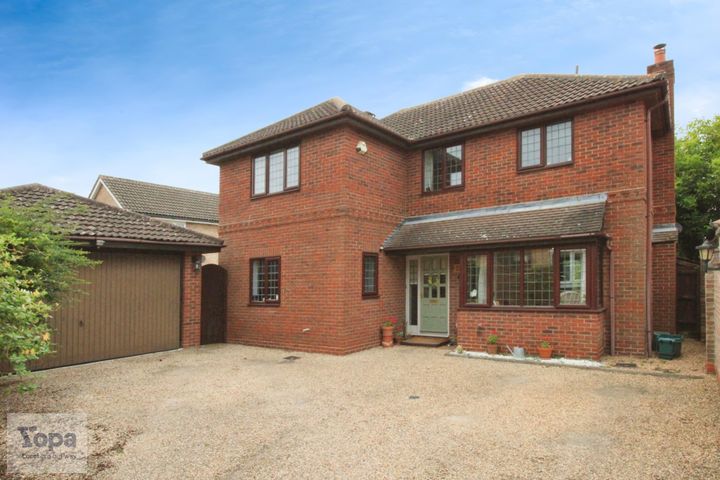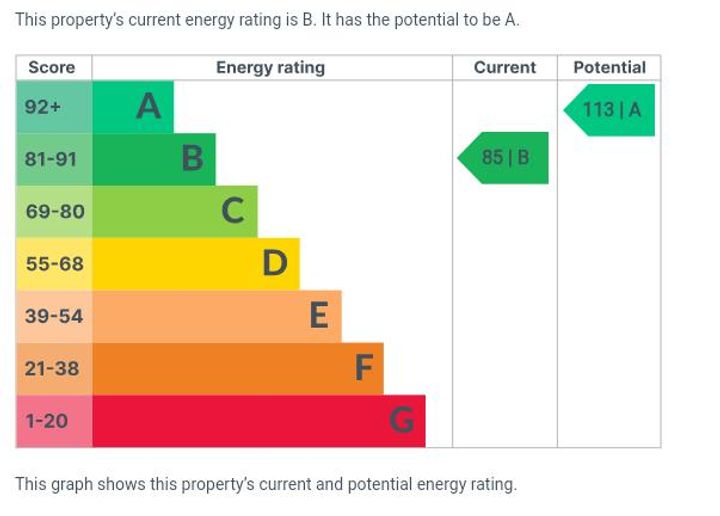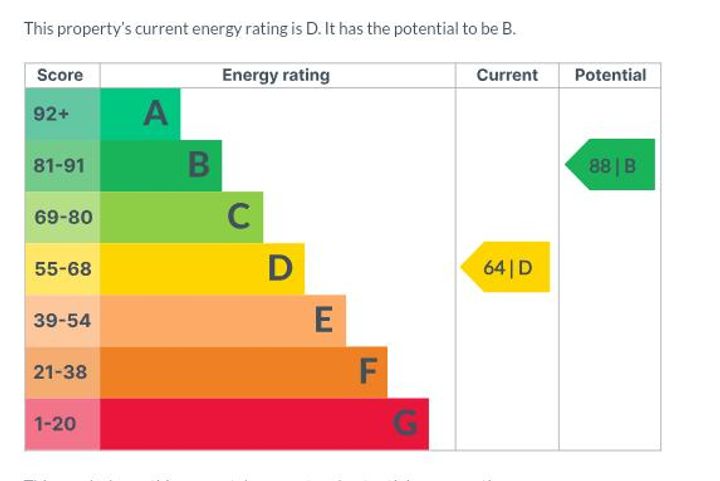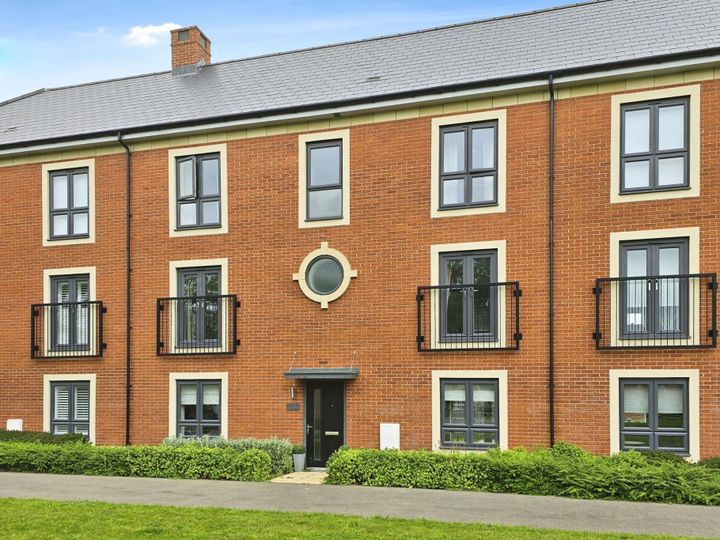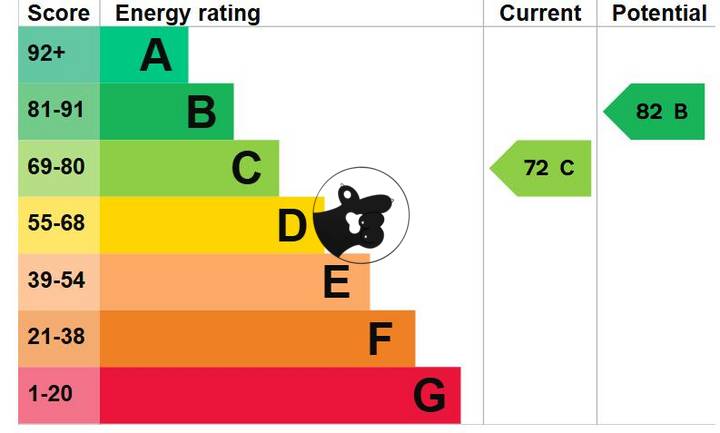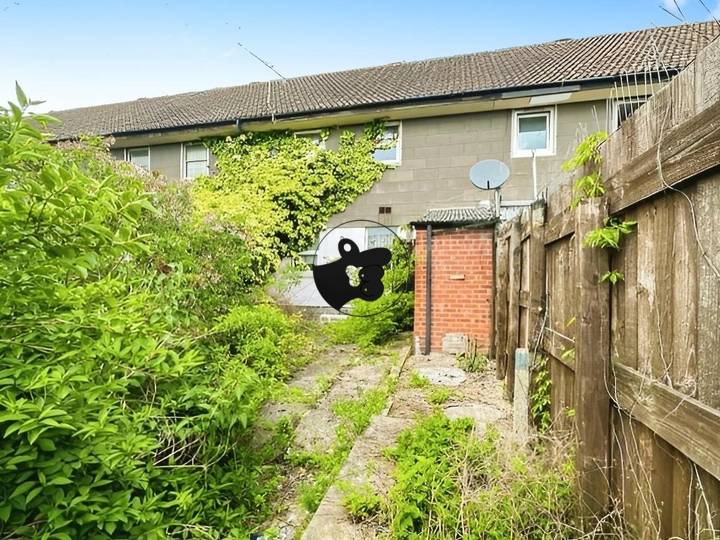Several factors influence real estate prices in Colchester, reflecting a mix of local and broader economic conditions. Firstly, the town's historical significance and heritage, including its status as one of the oldest recorded towns in Britain, attracts buyers interested in both residential and investment properties. This interest can drive up prices in certain areas, especially those close to historical sites. The proximity to London is another significant factor; with direct train services to the capital taking around an hour, many commuters are willing to pay a premium for homes with easy access to Greater London, thus boosting demand. Additionally, local amenities such as schools, healthcare facilities, and shopping options also play a crucial role in determining property values. Neighborhoods with higher-rated schools tend to see increased demand, further elevating prices. Moreover, economic factors such as interest rates, the availability of mortgages, and overall market conditions can sway buyer behavior, impacting real estate prices. Lastly, supply constraints due to planning regulations and limited housing developments may lead to increased prices in a desirable range as demand outpaces available inventory.
Colchester
Location
Price Range
Any price
Price Range
Minimum
No min
Maximum
No max
Property type
Show all
Property type
Show all
House
Apartment
Building
Other
Bedrooms
Any beds
Bedrooms
Minimum
No min
Maximum
No max
Surface Range
Any surface
Surface Range
Minimum
No min
Maximum
No max
Sale type
For sale
Sale type
Show all
To rent
For sale
Location
Apartments and houses for sale in Colchester
7 results
Recent
Colchester insights
| Aspect | Summary |
|---|---|
| Population | 124,000 |
| Average Property Price | £325,000 |
| Rental Yield | 4.5% |
| Average Rent | £1,200 |
| Occupancy Rate | 92% |
| Capital Growth Rate | 3.5% |
| Property Tax | 1.2% of property value |
| Transaction Costs | 4% of property price |
| Expected ROI | 7.5% |
| Economic Growth Impact | Moderate growth due to local developments and infrastructure improvements. |
Colchester FAQ
What factors influence real estate prices in Colchester?
How have real estate prices in Colchester changed over the past year?
In the past year, real estate prices in Colchester have experienced notable fluctuations. According to recent reports, the average house price in Colchester rose by approximately 5% compared to the previous year. For instance, properties in the city center, which have seen heightened demand due to their proximity to amenities and transport links, have increased significantly; a typical two-bedroom flat that was previously listed at around £200,000 is now averaging closer to £210,000. On the other hand, areas on the outskirts, like Wivenhoe, saw a modest increase, with prices ticking up by around 3% as new developments attracted buyers looking for more affordable options. The rental market has also tightened, with average monthly rents for two-bedroom homes climbing to about £1,200, reflecting a surge in demand from young professionals and families. Overall, while some parts of Colchester have seen robust growth, others remain relatively stable, indicating a mixed real estate landscape.
What are the average home prices in Colchester?
The average home prices in Colchester can vary significantly based on the area and property type. As of late 2023, the average price for a detached house typically hovers around £450,000, while semi-detached homes are often priced around £300,000. Terraced houses generally see prices in the range of £250,000, making them more accessible to first-time buyers. Flats tend to be the most affordable, with prices averaging around £200,000. Specific neighborhoods can influence these averages; for example, properties in the more sought-after areas like Lexden tend to command higher prices compared to some of the more suburban regions. The local real estate market reflects broader trends in the UK, with demand often driving prices up, although fluctuations can occur based on economic conditions and interest rates.
Are there any neighborhoods in Colchester with lower property prices?
Colchester has several neighborhoods known for relatively lower property prices compared to the more affluent areas. One such neighborhood is **Greenstead**, where you can find a mix of affordable housing options, including flats and terraced homes, that appeal to first-time buyers and investors. Another area is **St. Andrews**, which offers a range of properties at competitive prices and is popular among families and young professionals looking for good transport links to London. Additionally, **New Town** features a variety of older homes that may be less expensive, often providing opportunities for renovation. The **Highwoods** neighborhood also presents more budget-friendly housing options, particularly in its newer development areas. Each of these neighborhoods tends to attract buyers seeking lower entry points into the property market.
What are the predictions for future real estate prices in Colchester?
Predictions for future real estate prices in Colchester suggest a nuanced landscape influenced by several factors. The town's ongoing developments, including new housing projects and infrastructure improvements such as the enhancement of the A120 and rail connectivity to London, are expected to accelerate property demand. According to local estate agents, areas such as central Colchester and the popular suburbs like Lexden are seeing increased interest, which may drive prices upwards. Additionally, the appeal of Colchester's historic charm alongside its modern amenities positions it as an attractive destination for first-time buyers and families. Market analysts have noted a trend of rising prices in the region, with average property costs expected to increase by around 3-5% annually over the next few years. However, the impact of economic uncertainty and interest rate fluctuations could create volatility in the market, creating a complex prediction landscape for potential investors and homeowners alike.
How do property taxes affect real estate prices in Colchester?
Property taxes play a significant role in influencing real estate prices in Colchester, as they directly impact the cost of ownership for homeowners. Higher property taxes often lead to increased monthly costs, which can deter potential buyers, thereby reducing demand for homes. For instance, if Colchester’s local council raises property tax rates to fund public services or infrastructure projects, homeowners may find it less attractive to invest in larger or more expensive properties, potentially leading to stagnation or a decrease in real estate prices. Conversely, areas with lower property tax rates can become more appealing, prompting an influx of buyers and driving prices up. Additionally, investors typically take property taxes into account when evaluating the potential return on investment; high taxes may diminish profit margins from rental properties, influencing their purchasing decisions. For example, a family considering moving to Colchester might compare average taxes in the area with nearby towns like Ipswich or Chelmsford, affecting their choice and, consequently, the market dynamics in Colchester itself.
Is it more affordable to buy or rent a home in Colchester?
In Colchester, the affordability of buying versus renting a home can vary significantly based on market conditions and individual circumstances. As of late 2023, the average house price in Colchester hovers around £300,000, while monthly mortgage repayments may average around £1,200, depending on the deposit and interest rates. In contrast, rental prices for a similar property can range from £1,000 to £1,400 per month, leading to a nuanced analysis of short-term versus long-term costs. For instance, a two-bedroom flat in the city centre could be available for rent at about £1,200, while purchasing the same property would require a substantial deposit and long-term financial commitment. Additionally, factors such as property maintenance, local amenities, and fluctuations in the housing market play critical roles in determining overall affordability for potential buyers and renters alike. This analysis illustrates the complexities inherent in the decision to buy or rent in Colchester.


